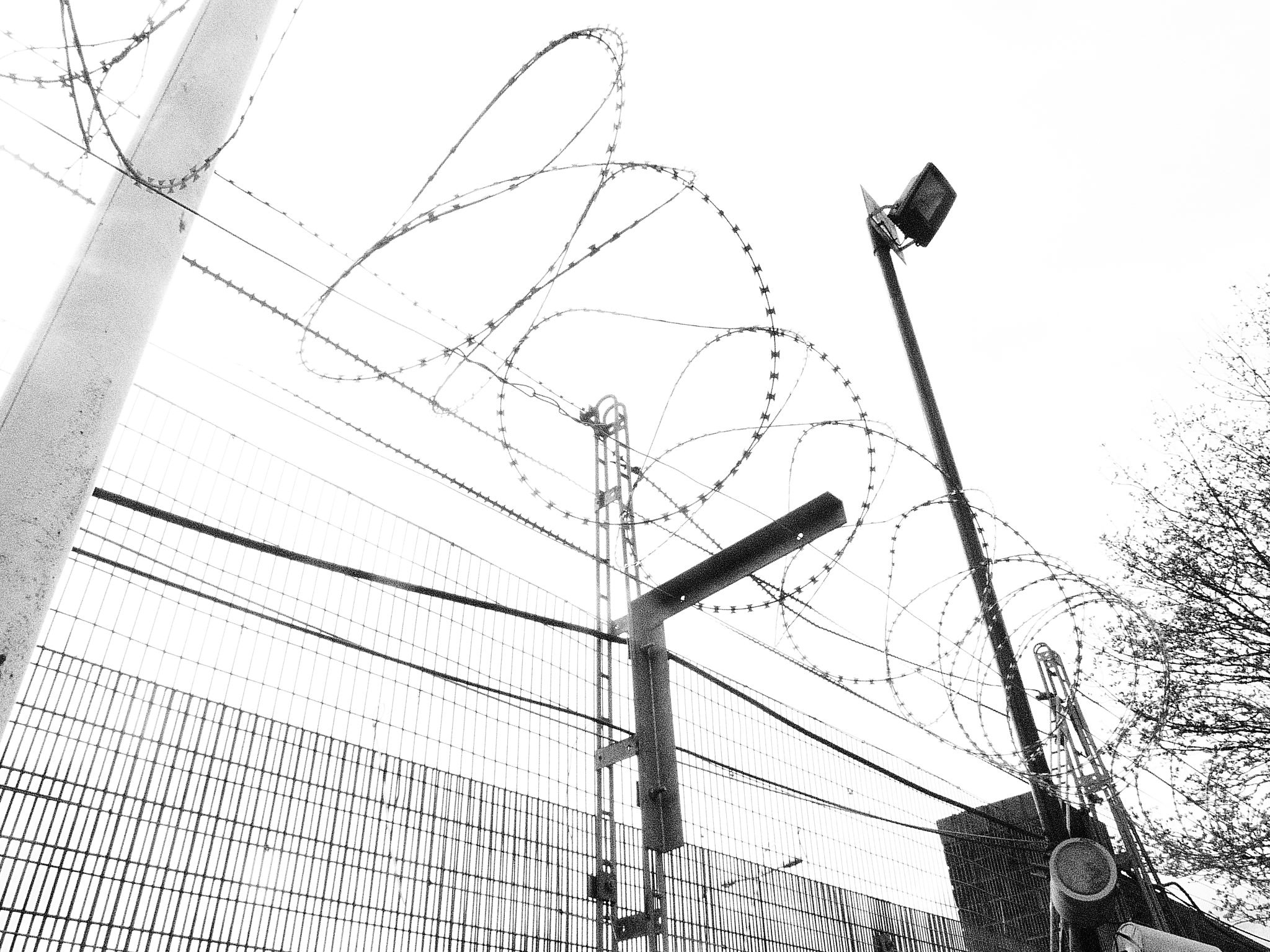Arrangements for immigration detainees held in prisons to access immigration and asylum legal aid were unlawful, according to the High Court, The cases concerned an asylum seeker detained in prison forced to represent himself after being unable to access a legal aid lawyer for nine and a half months with, according to his lawyers, ‘dire consequences’ insofar as he was unable to successfully challenge the lawfulness of his detention.
He subsequently challenged the legal aid arrangements for immigration detainees held in prisons on the basis that they are less favourable than the arrangements in place for those held in immigration removal centres (IRCs). Individuals detained in an IRC have access to an advice surgery that guarantees access to 30 minutes’ legal advice regardless of means or merit. Those detained under immigration powers in a prison do not.
Mr Justice Swift held that immigration detainees in prisons are less well placed to access legal advice in IRCs, and that the Lord Chancellor had failed to justify the difference in treatment of these two groups. He declared that the Lord Chancellor had breached the Claimant’s right not to be discriminated against under article 14 ECHR, read with articles 2, 3, 5, 6 and 8.
‘The current arrangements are not fit for purpose,’ commented Jeremy Bloom, the claimant’s lawyer and a solicitor at Duncan Lewis. ‘They obstruct access to legal aid for some of the most vulnerable individuals and prevent them from effectively challenging the lawfulness of their detention and from advancing their asylum and human rights claims. At present, many of these individuals find it almost impossible to secure legal aid representation.’
Before trial, the litigation had already led the Lord Chancellor to announce a wide-ranging review of the legal aid arrangements, with the aim of identifying the best way to provide equal access to high quality specialist immigration and asylum advice to immigration detainees across the detention estate. Mr Justice Swift held that the review was evidence of the Lord Chancellor’s acceptance that the difference in treatment is a significant matter that needs to be addressed, and that this reflects the position at law. The Lord Chancellor has not clarified when this review will be completed and when necessary changes will be implemented.
The case was referred to Duncan Lewis by Bail for Immigration Detainees who have highlighted the lack of legal representation for detainees – see here.







